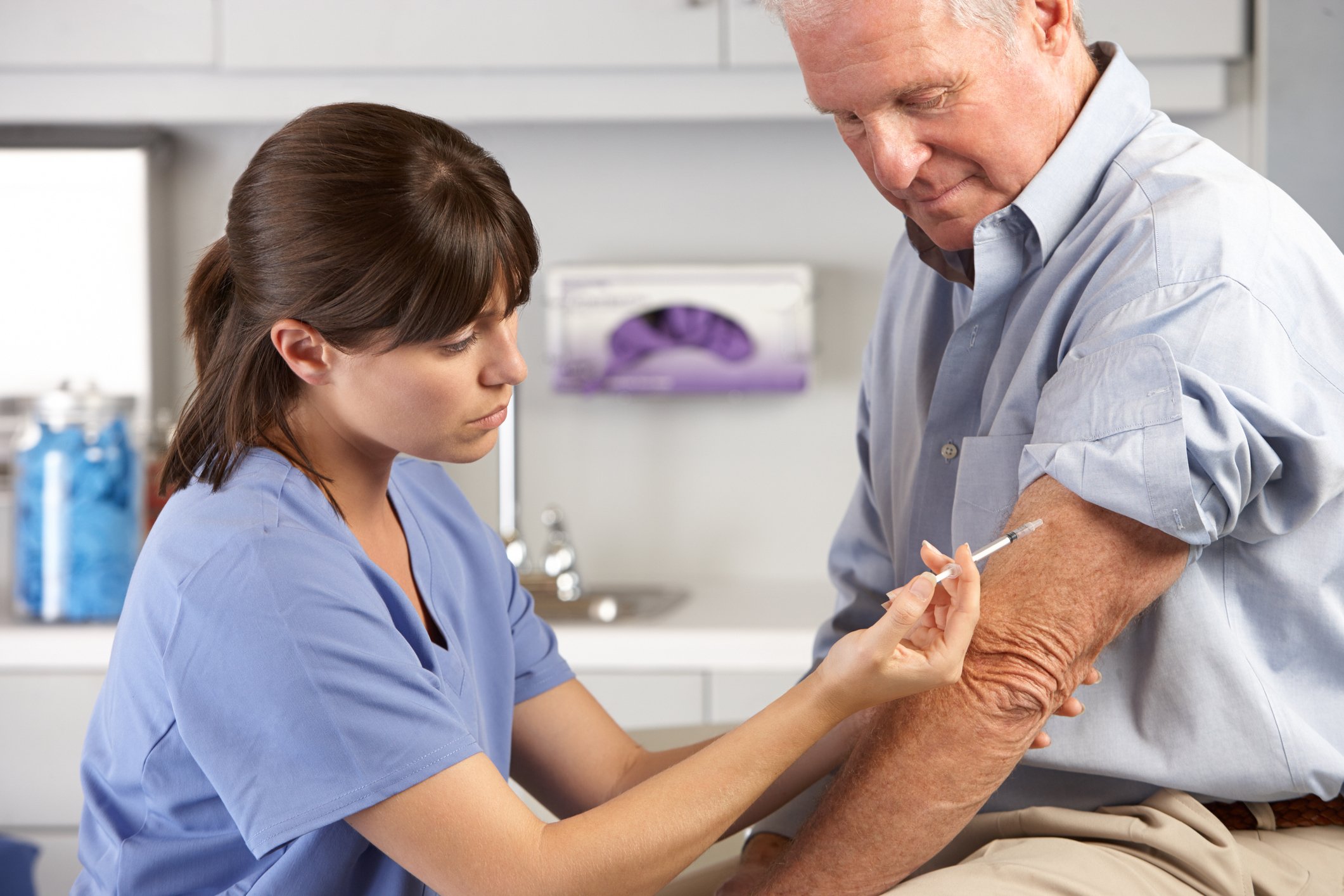The Benefits of Shingles Vaccination for Older Adults
As we age, our immune systems weaken, making us more susceptible to certain diseases. One such condition is shingles, a painful rash caused by the reactivation of the varicella-zoster virus, the same virus responsible for chickenpox.
For older adults, the risks associated with shingles can be severe, leading to complications that can significantly impact quality of life. In this article, we will explore the benefits of shingles vaccination for older adults, emphasizing why it is a crucial step in maintaining health and well-being.
Understanding Shingles and Its Impact
Shingles, also known as herpes zoster, occurs when the varicella-zoster virus, which remains dormant in the body after a person has recovered from chickenpox, reactivates later in life. This reactivation typically results in a painful, blistering rash that usually appears on one side of the body.
While the rash itself can be distressing, the pain associated with shingles, known as postherpetic neuralgia (PHN), can linger for months or even years after the rash has healed. The likelihood of developing shingles increases with age, particularly after the age of 50. For older adults, the consequences of shingles can be more severe.
In addition to the pain and discomfort of the rash, complications such as PHN, vision loss (if the shingles affect the eyes), and even stroke have been linked to shingles. These complications highlight the importance of taking preventive measures, such as getting a shingles vaccination.
The Burden on Older Adults
Shingles can have a profound impact on the lives of older adults. The pain from shingles can be debilitating, making it difficult to carry out daily activities or even sleep. For some, the persistent pain of PHN can lead to depression, anxiety, and a decreased quality of life.
Moreover, shingles can cause complications that may require hospitalization, further exacerbating the burden on the individual and the healthcare system.
Given these risks, preventing shingles through vaccination is a critical step in safeguarding the health of older adults. The shingles vaccination not only reduces the likelihood of developing shingles but also lessens the severity and duration of the disease if it does occur.

The Role of Shingles Vaccination
The shingles vaccination works by boosting the immune system’s ability to fight the varicella-zoster virus, thereby reducing the chance of the virus reactivating. Currently, there are two vaccines available: Zostavax and Shingrix.
Shingrix is the preferred vaccine as it has been shown to be more effective, especially in older adults. It is administered in two doses, with the second dose given two to six months after the first. Clinical studies have demonstrated that the shingles vaccination significantly reduces the risk of developing shingles and PHN.
For instance, Shingrix has been shown to be more than 90% effective in preventing shingles and PHN in adults over the age of 50. This level of protection is particularly important for older adults, who are at higher risk of severe complications from shingles.
Benefits Beyond Prevention
Beyond preventing shingles and its immediate complications, the shingles vaccination offers additional benefits. For instance, by reducing the incidence of shingles, the vaccine helps to lower the overall healthcare burden associated with treating the disease and its complications.
This includes reducing the need for medical visits, prescription medications for pain management, and hospitalizations. Moreover, the shingles vaccination can provide peace of mind for older adults and their families.
Knowing that they are protected against a potentially painful and debilitating disease can improve overall well-being and reduce anxiety about aging-related health issues. This peace of mind is invaluable, especially for those who may already be managing other chronic health conditions.
Addressing Common Concerns
One of the most common concerns about the shingles vaccination is its safety. Like all vaccines, the shingles vaccination can cause side effects, but these are generally mild and short-lived. The most common side effects include soreness at the injection site, fatigue, and mild fever.
Serious side effects are rare, and the benefits of vaccination far outweigh the risks, particularly for older adults who are more vulnerable to the effects of shingles. It is important to note that shingles vaccination is not recommended for everyone.
Individuals who are allergic to any component of the vaccine or who have a weakened immune system due to conditions such as HIV/AIDS or cancer may need to avoid the vaccine. Therefore, it is essential to discuss your medical history with your healthcare provider before getting vaccinated.
Who Should Get Vaccinated?
The shingles vaccination is recommended for adults aged 50 and older, regardless of whether they remember having had chickenpox. Even if you have already had shingles, getting vaccinated can help prevent future occurrences of the disease.
The Centers for Disease Control and Prevention (CDC) recommends that older adults receive the Shingrix vaccine, even if they previously received the Zostavax vaccine, as Shingrix offers more effective and longer-lasting protection.
Protecting Your Health as You Age
As we age, taking proactive steps to protect our health becomes increasingly important. The shingles vaccination is a powerful tool in the fight against a disease that can have serious and lasting consequences for older adults.
By reducing the risk of shingles and its complications, the vaccine helps to preserve quality of life, reduce the burden on healthcare systems, and provide peace of mind. For older adults, getting vaccinated against shingles is not just a smart health decision; it is an essential part of aging well.
